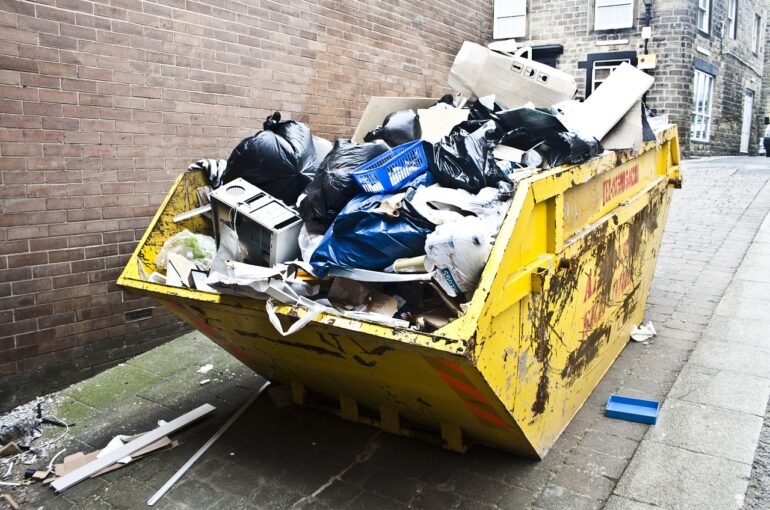Administrative penalties related to waste management in Poland
Definition of waste and waste management
Pursuant to Article 3(1)(6) of the Waste Act of 14 December 2012, as amended (hereinafter: ‘WA’), waste is understood as any substance or object which the holder disposes of, intends to dispose of or is obliged to dispose of. It is therefore crucial to establish the intention and characteristics of the item.
A separate definition category includes bio-waste, construction waste, municipal waste, medical waste or food waste. There is also a category of hazardous waste.
Pursuant to Article 3(1)(2) of the WA, waste management is understood as the collection, transport or processing of waste, including sorting, together with the supervision of the said activities, as well as the subsequent handling of waste disposal sites and activities performed as a waste dealer or waste broker.
The most common violations giving rise to administrative fines
Key to this issue is the wording of Article 194 of the WA.
Administrative fines are one of the financial and legal means of environmental protection.
Among the violations which constitute the basis for the imposition of administrative fines, we can mention such violations as, e.g:
- the reclassification of hazardous waste as non-hazardous waste by diluting or mixing it with each other or with other waste, substances or materials, leading to an initial concentration of hazardous substances below the level specified for hazardous waste,
- the mixing of hazardous waste of different kinds, the mixing of hazardous waste with non-hazardous waste, or the mixing of hazardous waste with substances, materials or objects, including the dilution of substances or the mixing of such waste, contrary to conditions,
- the transport of waste not in compliance with the applicable regulations,
- the storage of waste not in compliance with the legislation in force,
- failure to maintain a visual system for inspection of the place of storage or dumping of waste or to maintain such a system not in compliance with the applicable regulations,
- transfer of waste generated in the process of mechanical and biological processing of non-segregated (mixed) municipal waste or residues from sorting of municipal waste for storage to a municipal installation not complying with the provision of Article 29a(2) of the WA,
- contracting the obligation to manage waste to unauthorised entities,
- carrying out activities without entering the BDO register,
- failing to keep records or to keep them in a way that is not in accordance with the true state of affairs,
- collecting or transporting waste oils without a permit or not in compliance with a permit,
- discharging waste oils into water, soil or ground, contrary to the regulations in force.
An administrative fine for the above violations shall be no less than PLN 1,000 and may not exceed PLN 1,000,000.
An administrative fine of between PLN 1,000 and PLN 100,000 will also be imposed on transporters of waste who violate the statutory requirements for transport.
Transport of waste without obtaining a waste transport permit or an entry in the register is threatened with a fine of between PLN 2,000 and PLN 10,000.
The administrative monetary penalty is imposed, by way of a decision, by the provincial environmental protection inspector (wojewódzki inspektor ochrony środkowiska) with jurisdiction over the place of waste production or management.
When determining the amount of the administrative fine, the provincial environmental protection inspector takes into account the type of infringement and its impact on human life and health and the environment, the duration of the infringement and the size of the activity, as well as the consequences of the infringement and the size of the threat.
It is sometimes the case that the imposition of a series of fines significantly threatens the financial liquidity of a company and its continued operation, which is why this issue is crucial, especially in terms of defending against the imposition of a fine and its amount.
Summary
Operating in the waste management industry requires special care, a number of permits and decisions, registration in registers and compliance with quite strict standards.
It is important that the relevant permits are obtained before starting the activity.
Various requirements are imposed on sellers, brokers, importers, exporters and waste transporters.
At the same time, the Polish authorities carry out more and more frequent inspections of such entities, which often end with the imposition of an administrative fine.
Already at the stage of inspection, it is worth taking all measures to counteract the imposition of a penalty.
Violation of the applicable waste management regulations may also lead to criminal liability, which, however, will be discussed separately.


